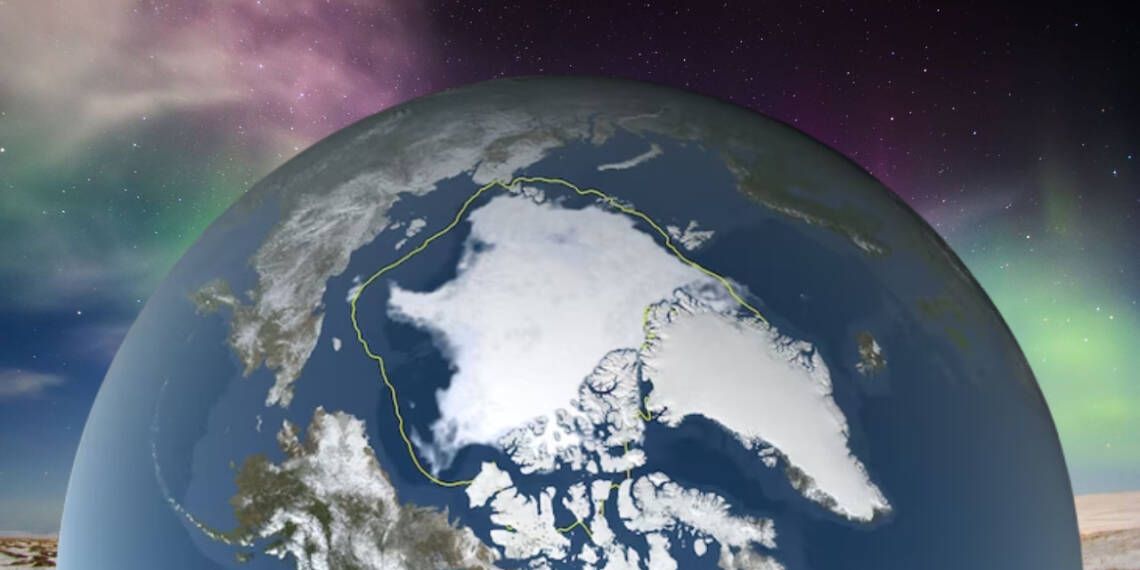In a recent twist of fate, Russia has claimed a massive victory in the Arctic, securing rights to an astonishing 1.7 million square kilometers of seabed. This decision has left the United States and Canada reeling, as they now face the cold reality of a dominant Russia in the race for control over the Arctic’s vast resources.
With untapped oil reserves estimated at 13% of the world’s total and undiscovered natural gas reserves reaching a staggering 30%, the Arctic remains an alluring treasure trove for Russia and other major powers. But what makes this icy region so crucial? Allow us to break it down for you.
Geopolitical Importance
The Arctic serves as a critical gateway connecting major powers in the Northern Hemisphere, including Russia, the United States, Canada, Norway, and Denmark (via Greenland). Control over the Arctic provides access to vital trade routes, acting as a crossroads between the Atlantic and Pacific Oceans. Whoever holds the reins of these routes can significantly influence global trade and assert their geopolitical dominance. It’s like playing Risk with real-life consequences.
Natural Resources
Beneath the frozen surface of the Arctic lies a vast untapped reserve of natural resources. The region is a veritable smorgasbord for resource-hungry nations, from oil and gas to minerals and fish. As climate change warms the Arctic, previously inaccessible reserves become increasingly exploitable. The potential for energy development and economic prosperity has major powers salivating at the thought of securing their slice of the Arctic pie. Who needs hot chocolate when you can sip on Arctic oil?
Maritime Trade Routes
Melting sea ice in the Arctic has transformed once treacherous waters into lucrative maritime trade routes. The Northwest Passage and the Northern Sea Route have emerged as potential shortcuts between Asia, Europe, and North America, promising reduced transit times and cost savings. It’s like finding a secret backdoor to avoid rush hour traffic. Naturally, major powers are scrambling to gain control and influence over these routes, hoping to gain an edge in global trade. Forget about the Panama Canal; the Arctic is the new shortcut du jour.
Military Presence and Security
With the Arctic’s geopolitical significance, it’s no surprise that major powers are flexing their military muscles in the region. Resource competition, territorial disputes, and concerns over maritime security have turned the Arctic into a playground for military activities. Military bases are sprouting up like icicles, exercises are conducted on frozen terrain, and surveillance and defense systems are being beefed up. It’s a real-life Game of Thrones, where the control of Arctic territories is crucial for projecting strength and safeguarding national interests.
Read More: Russia’s ‘Arctic Might’ was a speculation until now, today on it’s a reality
The geopolitical significance, wealth of natural resources, opening of new trade routes, worries about military security, and effects of climate change on the environment make the Arctic so alluring. Whoever controls the Arctic will have the power to influence international trade, strengthen energy security, assert military superiority, and address environmental issues.
The struggle for influence and control is only going to get more intense as the icy landscape continues to change. So grab your parka and prepare for battle because the Arctic isn’t just a chilly region of ice; it’s also a place where people compete for resources, power, and even the odd penguin.
Watch More:








